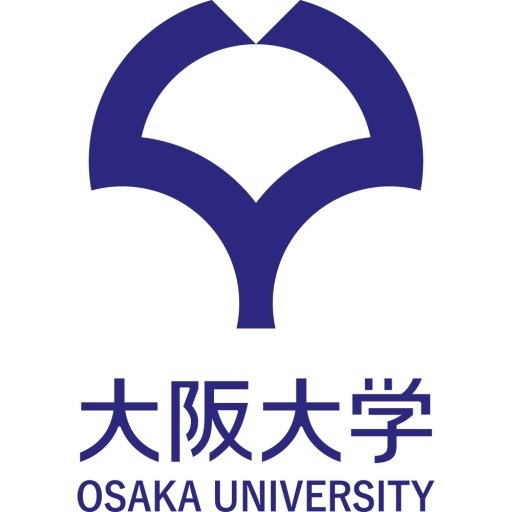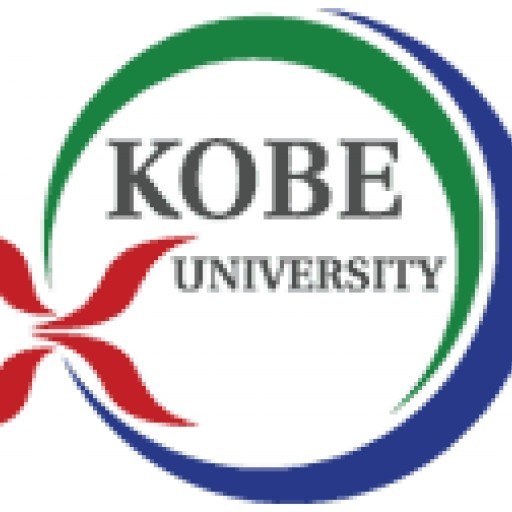Photos of university
IPADS MSc Program is a two-year coursework and research program towards the University of Tokyo’s MSc (Agricultural Sciences) degree. To graduate, students must satisfactorily gain 30 credit points from the subject list below (courses in 2016) and pass the defense of their Master’s thesis. Subjects with * are compulsory. Subjects with + are semi-compulsory (i.e. at least one of them has to be completed before submission of the Master’s thesis).
The lectures are mainly taught by the professors at the Department of Global Agricultural Sciences of the University of Tokyo. The professors have excellent academic carrier and wide experiences in international researches. Students can also use the university’s link with other universities and institutes both national and international.
Courses List
| Code | Course Name | Credit |
|---|---|---|
| 3910312 | IPADS Development Studies(*) | 2 |
| 3910313 | IPADS Case Studies(*) | 2 |
| 3910301 | IPADS Food Resources | 2 |
| 3910314 | IPADS Crop Modeling | 2 |
| 3910322 | IPADS Crop Modeling Advanced | 2 |
| 3910316 | IPADS Summer Crop Management (+) | 2 |
| 3910317 | IPADS Winter Crop Management (+) | 2 |
| 3910318 | IPADS Plant Improvement | 2 |
| 3910319 | IPADS Soil Fertility Management | 2 |
| 3910302 | International Forest Development | 1 |
| 3910303 | International Forest Certification | 2 |
| 3910304 | Forest Insect Ecology | 2 |
| 3910305 | IPADS Economics | 2 |
| 3910320 | IPADS Statistics | 2 |
| 3910324 | IPADS Coastal Ecology | 2 |
| 3910323 | Sustainability and Crop Production | 2 |
| 3910321 | IPADS Guest Seminars | 2 |
| 3910325 | IPADS Research Seminars | 4 |
| 3910311 | International Master’s Research | 8 |
- Application form
- Proof of Bachelor’s degree
- Official transcripts
- Proof of English proficiency
- Research work conducted by the applicant, such as a Bachelor’s thesis, Honor’s thesis or equivalent (graduates of Bachelor’s programs with no research component will be given an essay assignment at the time of shortlisting)
- Proof of citizenship
- Two letters of recommendation by university academics
- Passport-sized photographs
- Proof of Examination Fee payment (the details regarding Examination Fee will be sent out at the time of shortlisting)
Scholarships
A limited number of full scholarships funded by the Japanese Government (Monbukagakusho) may be available to outstanding applicants. These scholarships cover the enrollment fee and tuition as well as living expenses. Selection for these scholarships will be conducted concurrently with selection for admission. Please note that the IPADS Office does not disclose the availability of these scholarships prior to the selection. No reply will be given to such inquiries.
IPADS also welcomes applications from students who have been made an initial offer of the Japanese Government (Monbukagakusho) Scholarship through the Japanese Embassy or Consulate in their home country. Prospective students interested in this pathway should contact the Japanese Embassy or Consulate. The application deadline differs for each country, but as a guideline, it is usually between March and May of the year before the commencement of study. More information about the Japanese Government (Monbukagakusho) Scholarship is available at UT Campus Life webisite.
A number of other scholarships, both publicly and privately funded, may be also available to students with extraordinary merits. Such scholarships include, but are not limited to:
- University of Tokyo Fellowship
- JICA ABE Initiative
- JICA PEACE Project
- Asian Future Leaders Scholarship Program (AFLSP)
- private scholarships offered by benefactors
The University of Tokyo offers an undergraduate program in Agricultural Development Studies designed to equip students with comprehensive knowledge and practical skills related to agricultural innovation, rural development, and sustainable resource management. This program emphasizes interdisciplinary approaches, integrating disciplines such as economics, environmental science, sociology, and technology to address the complex challenges faced by agriculture and rural communities worldwide. Students are encouraged to understand the socio-economic factors influencing agricultural productivity and the environmental impacts of agricultural practices. Curriculum components typically include courses in agricultural economics, development policy, agro-technology, resource management, and international development. The program promotes fieldwork, case studies, and collaborative projects to foster real-world problem-solving abilities. Graduates are prepared for careers in policy advisory roles, development organizations, research institutions, and agricultural enterprises. The University of Tokyo's extensive research facilities and strong global networks offer students valuable opportunities for internships, exchanges, and joint research projects. The program aims to develop experts who can contribute to sustainable development goals, improve food security, promote environmental conservation, and support rural livelihoods across the globe. Students also have access to seminars, workshops, and conferences that highlight current trends and innovations in agricultural development. The university's emphasis on both academic rigor and practical application ensures that graduates are well-equipped to tackle real-world issues in agricultural development, making a tangible impact in local and international contexts.









